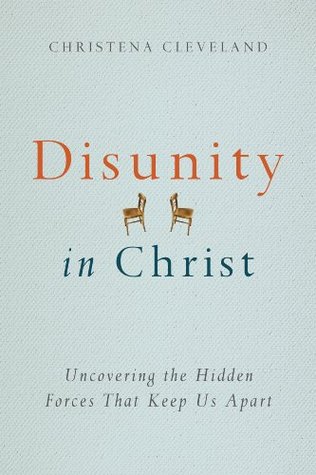Research on minimal groups—groups that are formed based on an inconsequential characteristic such as whether an individual underestimated or overestimated how many marbles were in a jar—suggests that simply putting people into groups (e.g., overestimators and underestimators) increases the likelihood that they will focus on the specific factor that divides them (their estimation tendency) and disregard the more significant factors that unite them (being students at the same university).
Welcome back. Just a moment while we sign you in to your Goodreads account.


